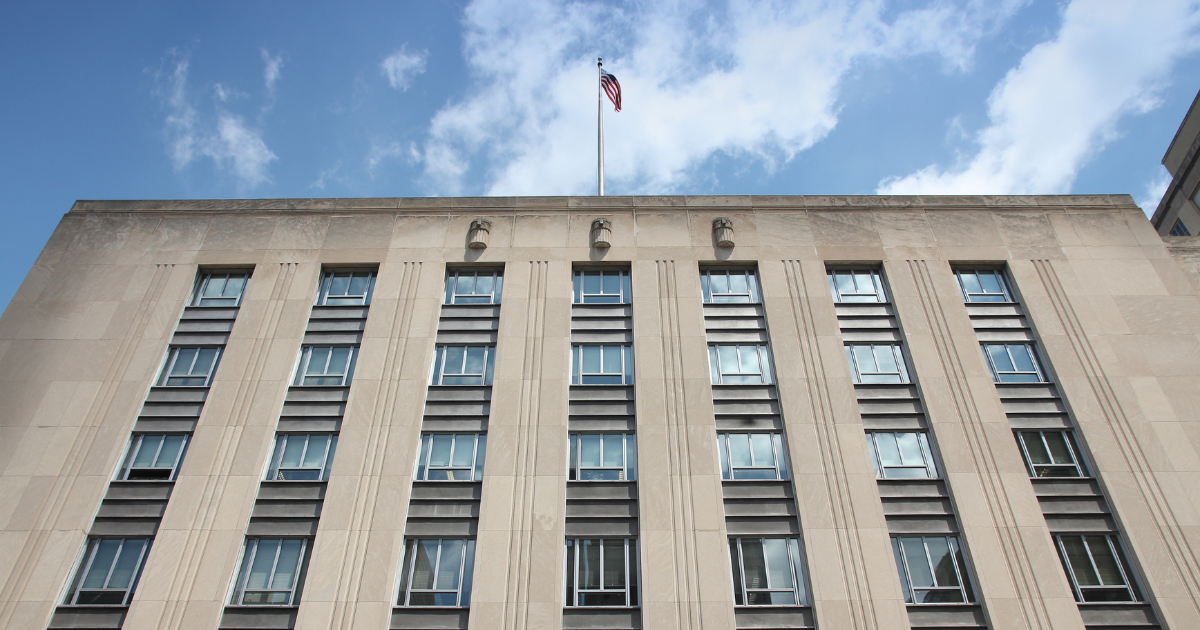Lacking Contractual Provision, Landlord Loses Bid For Attorney Fees
Most commercial leases contain a provision allowing for the reimbursement of the landlord’s legal fees and costs when the tenant defaults under the...
3 min read
Alan Nochumson : Jul 20, 2009 10:00:00 AM

In Pennsylvania, parties to litigation are responsible for their own legal fees and costs unless they otherwise contractually agree that the prevailing party will be reimbursed for such fees and costs at the conclusion of litigation.
In a decision handed down earlier this year in Bayne v. Smith, the Superior Court of Pennsylvania recently allowed a landlord to collect attorney’s fees from a defaulting tenant in accordance with the terms of a lease agreement entered into by the parties.
In Bayne, the landlord and tenant entered into a written month-to-month residential lease. When the tenant failed to pay rent and caused damage to the leased premises, the landlord instituted an action against the tenant before the local Magisterial District Justice. Following a judgment in favor of the landlord and against the tenant, the tenant filed an appeal for a trial de novo before the Court of Common Pleas.
The trial court entered an order upon the consent of the parties, finding judgment in favor of the landlord and against the tenant in the amount of $410.14 due to the admitted breaches of the lease. This amount represented property damages and partial rent less the security deposit of $175.00 previously paid by the tenant. Additionally, the order directed that the entry of judgment would be stayed pending a determination by the trial court on the landlord’s request, pursuant to the terms of the lease, for inclusion of attorney’s fees as part of the judgment amount.
The trial court eventually denied the landlord’s request for the inclusion of attorney’s fees as part of the judgment amount. In reaching its conclusion, the trial court pointed out that residential leases are seldom the resulting of any negotiating between the parties and the tenant generally lacks any bargaining power and must thus accept the landlord’s terms “as is”.
The landlord in Bayne then appealed the trial court’s denial of the reimbursement of attorney’s fees to the Superior Court. The Superior Court ultimately concluded that the trial court erred in refusing to permit the recovery of attorney’s fees.
The general rule in Pennsylvania is that “there is no recovery of attorney’s fees from an adverse party in the absence of an express statutory authorization, clear agreement between the parties, or the application of a clear exception.” That rule of law is no different with respect to the landlord-tenant relationship. As acknowledged by the Superior Court, while the Landlord and Tenant Act of 1951 does not specifically provide for the recovery of attorney’s fees, it does not prohibit the inclusion of a fee-shifting provision in rental agreements. The Superior Court instead emphasized that the validity of such a provision is solely dependent upon contract law. As such, the Superior Court provided that “[w]here the language of a lease is clear and unequivocal, its meaning will be determined by its contents alone in ascertaining the intent of the parties.”
Although conceding that the lease included an attorney’s fees provision, the tenant argued that the lease was an adhesion contract and that the provision was unconscionable and thus unenforceable. The Superior Court sidestepped whether the lease was an adhesion contract and stated that, even if the lease was categorized as one of adhesion (which it did not), the “terms must be analyzed to determine whether the contract as a whole, or specific provisions of it are unconscionable.”
Instead of addressing whether the tenant lacked a meaningful choice about whether to accept the fee-shifting provision, the Superior Court simply noted that the lease was a simple two-page document containing an attorney’s fee provision which is not typically found in every rental agreement. The Superior Court did not believe that the provision unreasonably favored to the drafter of the lease (i.e., the landlord) as it allowed for the recovery of attorney’s fees to the prevailing party. As noted by the Superior Court, as a result of the provision’s neutrality in application, if the tenant had successfully defended the landlord’s claims, the tenant would have been entitled to recover her attorney’s fees under the fee-shifting provision.
The factual circumstances of Bayne only reinforce why landlords across the commonwealth should strongly consider including a contractual provision in lease agreements obligating their tenants to reimburse them for the legal fees and costs they expend in the event of breach.
In Bayne, the tenant only owed $410.14 to the landlord as a result of breaches committed under the lease. The landlord in seeking enforcement of the lease expended legal fees and costs which most definitely exceeded the amount in controversy.
Similarly, without a fee-shifting provision, landlords, if forced to retain the services of an attorney to collect the amount of money owed, may very well eat into their respective anticipated profit or, worse, the cost of doing business.
When a tenant commits a default under a lease agreement, all the landlord wants is to be made whole as if the breach never occurred. That is impossible if the landlord must also pay an attorney to get the amount owed under the lease agreement.
By including a contractual provision which shifts the costs of litigation, a landlord may very well avoid litigation altogether. Many landlords face situations where a defaulting tenant makes a low settlement offer figuring that the costs associated with litigation and the delays inherent in the judicial process will deter the landlord from filing suit. A contractual provision that potentially shifts the costs of litigation to the defaulting tenant will make such underhanded tactics ineffective.
For all of these reasons, there is no reason why a landlord should not include an attorney’s fee provision in a lease agreement.
Reprinted with permission from the July 20, 2009 edition of The Legal Intelligencer © 2009 ALM Media Properties, LLC. All rights reserved. Further duplication without permission is prohibited. For information, contact 877-257-3382, reprints@alm.com or visit www.almreprints.com.

Most commercial leases contain a provision allowing for the reimbursement of the landlord’s legal fees and costs when the tenant defaults under the...

Attorneys who represent “deadbeat” clients may be unwittingly placing themselves in harm’s way. In a recent federal court decision in Maryland, an...

One of the most oppressive tools available to commercial landlords and lenders alike is what is called a warrant of attorney. Most loan and lease...